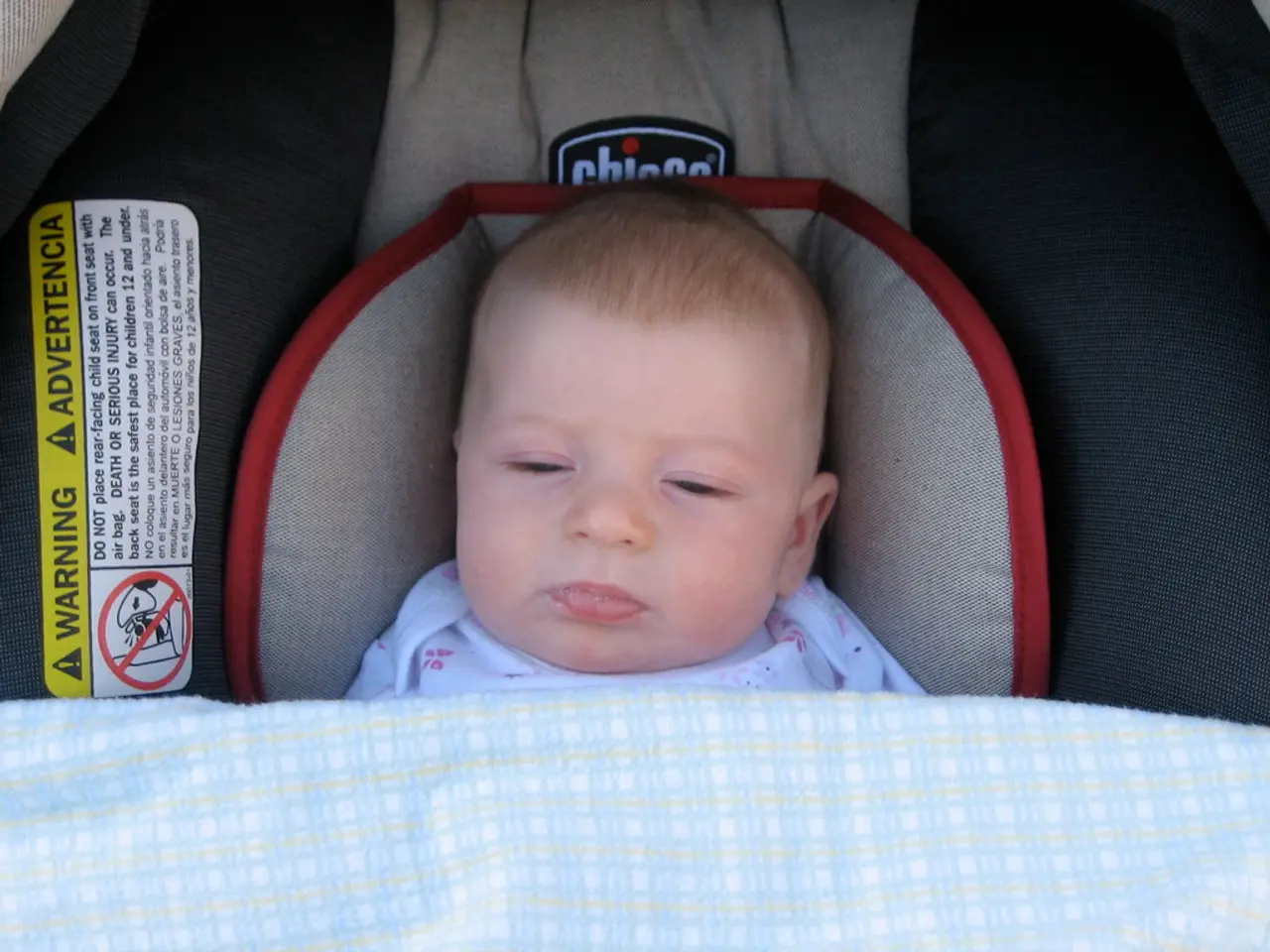Expansion of IVF eligibility criteria to accommodate more prospective parents, easing previous restrictions
The government authorities and health-related institutions of Jersey have introduced new changes to the IVF support financing, making it more accessible for couples who wish to undergo in vitro fertilization (IVF) treatment. However, the specific responsible person or institution for these changes remains unidentified.
The updates to the IVF policy are significant, as they now allow couples to be eligible for funded IVF even if one partner has children from a previous relationship. This change is expected to help many islanders who were previously being denied help due to the limited spending.
Notably, the new policy will not cover the costs of donor sperm or eggs. Eligibility for funded IVF will now be based on whether the couple qualifies for HCJ-funded healthcare. As of July, only £62,000 of the dedicated £620,000 budget had been used since the new criteria were introduced in January.
Long-term Jersey residents who have returned after living elsewhere can access funded IVF without waiting a year. The updated policy also removes the requirement for same-sex female couples to prove infertility through artificial insemination attempts before accessing funded IVF.
The panel, which reviewed the new updates, welcomed the changes, but expressed concerns about couples who had previously self-funded their IVF treatments. Additionally, the policy update does not consider the costs of travel and accommodation as a factor, meaning that eligible islanders will still be required to fund these expenses on their own.
It's worth noting that, as of now, the government will fund up to three rounds of IVF for eligible couples. However, couples currently in the process of undergoing treatment will not receive any financial support or reimbursement.
Health Scrutineer Deputy Lucy Stephenson had previously expressed concerns over the strict criteria, and calls were made to expand the criteria, which were deemed overly restrictive. Two-thirds of those denied financial support had a child (biological or adopted).
In total, 43 islanders were seen by the Assisted Reproduction Unit but did not qualify for funding. The updated policy is a step towards addressing these concerns and expanding access to IVF treatment for more islanders.
The government has set aside £620,000 for funded IVF treatment, and it is hoped that these changes will make a positive impact on the lives of many would-be parents in Jersey.
Read also:
- Funds amounting to approximately 1.17 million euros designated for local meetings regarding nursing practices
- Advocating for nationwide Covid-19 vaccinations over targeted vaccinations for high-risk groups could potentially save thousands of additional lives in the United States.
- Competing strategies for addressing infertility come under scrutiny in the halls of Congress
- High school football in Ohio called off due to a legal dispute claiming players suffered violent hazing incidents





